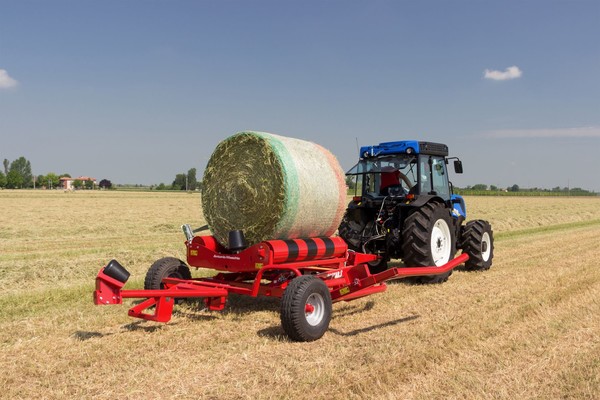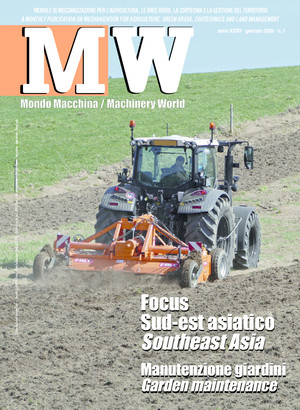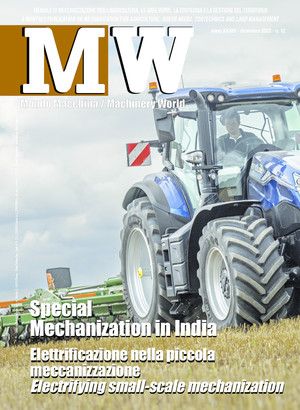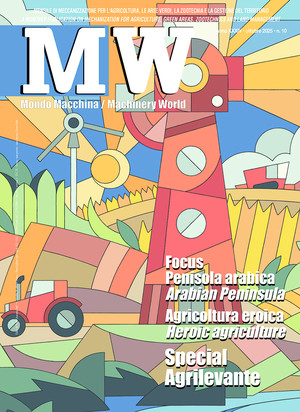
Young people in agriculture: a focus on training
Agia and FederUnacoma highlight the weak points of an educational and training system that should instead support new technologies and define new professional roles
The theme of education and training for technicians in the sector and for the farmers of the future was in the spotlight at EIMA. The development of skills in the agro-mechanical field requires a new generation of technicians who, depending on the functions they will perform, will have to come from school and training courses that are much more specialized than the current ones.
The issue was addressed at a conference entitled "Reforming agricultural upper schools to meet new needs", promoted in cooperation with FederUnacoma by Agia, the organisation that represents young farmers within Cia. The meeting was attended by Valeria Villano, president of Agia Emilia-Romagna; Rudy Marranchelli, national vice-president of Agia; Lorenzo Iuliano, FederUnacoma technical service; Paola Adami, ITA coordinator - Istituti Tecnici Agrari Senza Frontiere (Agricultural Technical Institutes Without Borders); Alessandro Malavolti, president of FederUnacoma; Stéphane Cornec, representative for the Jeunes Agriculteurs training; Stefano Francia, national president of Agia; and Dino Scanavino, national president of Cia-Agricoltori Italiani. One of the critical aspects of agricultural training - it was stressed during the meeting - concerns the teaching of agricultural mechanics in agricultural institutes, where it has been abolished for years and generically incorporated into agronomy.
The development of technologies, with the strong impulse towards digitalisation and the first steps towards robotization, would require a much more in-depth treatment, also to offer graduates job opportunities not only in farms but also in technical support networks. From this perspective, training in agricultural mechanics does not only concern the people who have to work on farms, but also the staff working in machinery and equipment manufacturers, who need up-to-date technical staff precisely to meet the growing demand for technology.
Indeed, even today vocational training is largely carried out on the farms themselves, with seminars and external training courses. Agriculture, it was stressed during the conference, is undergoing a radical transformation that not only offers clear advantages in terms of productivity, sustainability and the environmental impact of crops, but also poses challenges that can be met starting with schooling and training.








